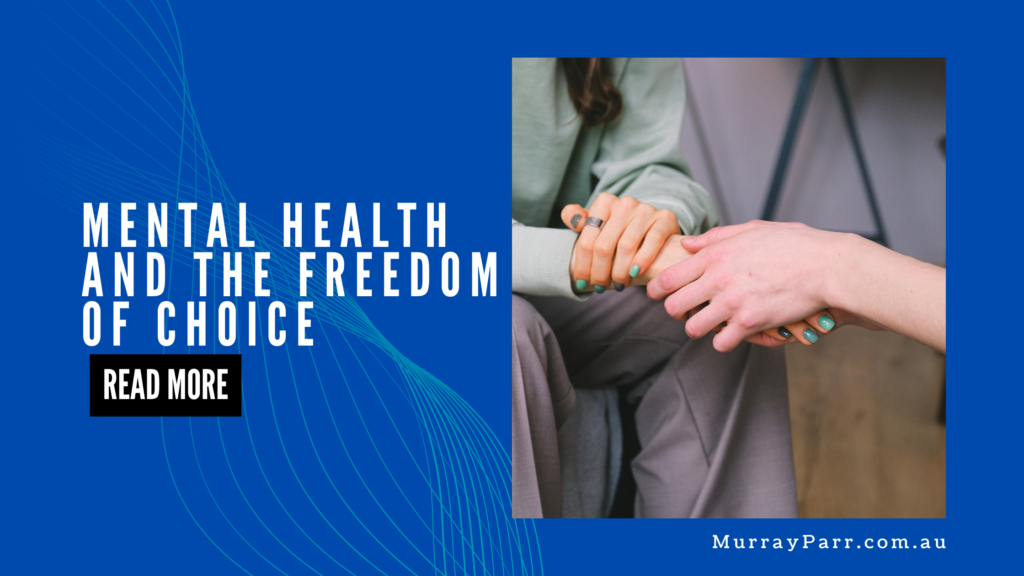One of the most critical aspects of mental health is the freedom to make choices. When someone struggles with an emotional disorder—whether it’s depression, anxiety, bipolar disorder, or schizophrenia—they often feel constrained, unable to function freely in the world. Their illness forces them to adjust their behaviour to manage daily life, which can be incredibly limiting.
Take depression, for example. When we’re depressed, our energy drains away, our ability to concentrate diminishes, and we often withdraw from the activities and people that once brought us joy. In severe cases, this can even lead to losing the will to live. Anxiety, on the other hand, can trap us in a cycle of avoidance, where we steer clear of situations that provoke worry and nervousness, further shrinking our world. For those with more severe mental illnesses like mania, major depression, or schizophrenia, the disconnection from reality can make engaging with the world freely an even greater challenge.
While these conditions often have a biological basis and can be managed with medication, it’s crucial to also consider the behavioural aspect of treatment. For example, someone dealing with anxiety needs to find the courage to confront their fears instead of avoiding them, as avoidance typically makes anxiety worse. Facing these fears gradually can lead to improvement. In the case of depression, it’s about overcoming the inertia and fatigue enough to engage in activities that are likely to lift our spirits, even when it feels nearly impossible.
For those whose mental illness distorts their reality, the challenge is to use the stability that medication provides to live as normal a life as possible. Here, strong and informed family support becomes essential. Throughout my work, I’ve learned some of the most profound lessons about love from the families of those with mental health issues. These caregivers—parents, spouses, and children—show extraordinary heroism, caring for their loved ones day in and day out. They may not receive medals for their bravery, but they deserve a special heaven place.
Ultimately, mental health is closely tied to the choices we can make. The more choices we have, the happier we are likely to be. However, those struggling often feel that their choices are limited, whether by external circumstances or the ways they restrict themselves. A significant factor here is risk tolerance. If we let our fears, especially our fear of change, dictate our choices, creating a life that brings us happiness becomes incredibly difficult. Sometimes, it’s not just anxiety but a lack of imagination that holds us back.
As a coach, I strive to remind people that we still have choices even in the darkest moments. My goal is to empathize with their burdens while conveying the belief that hope remains and that all is not lost.


